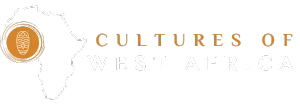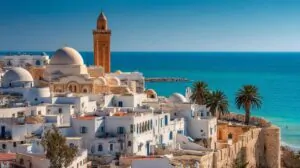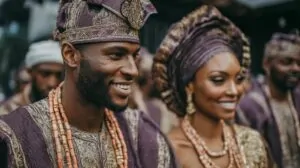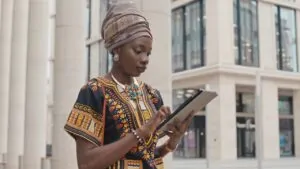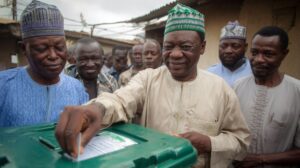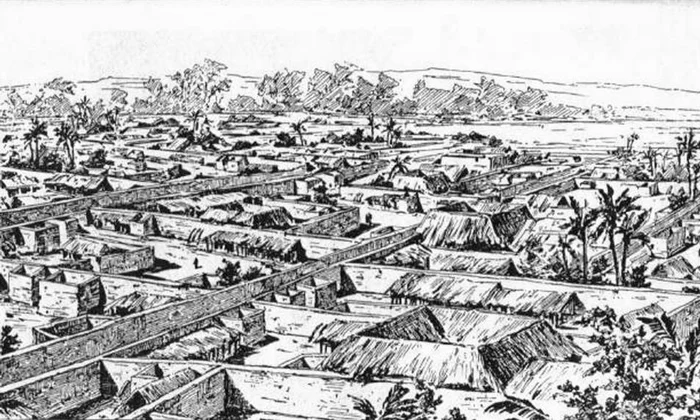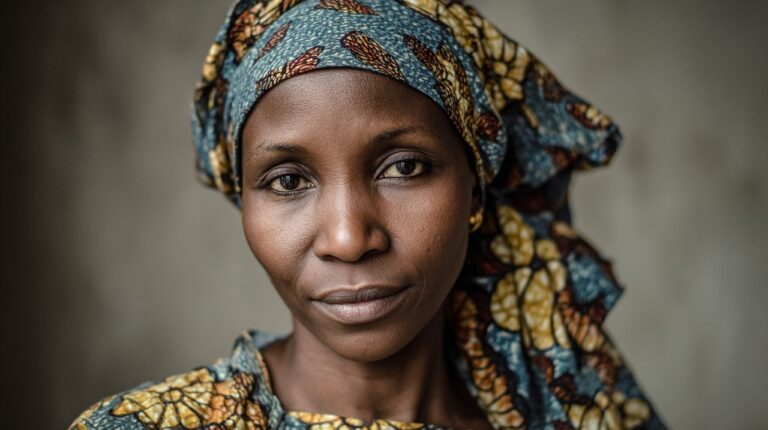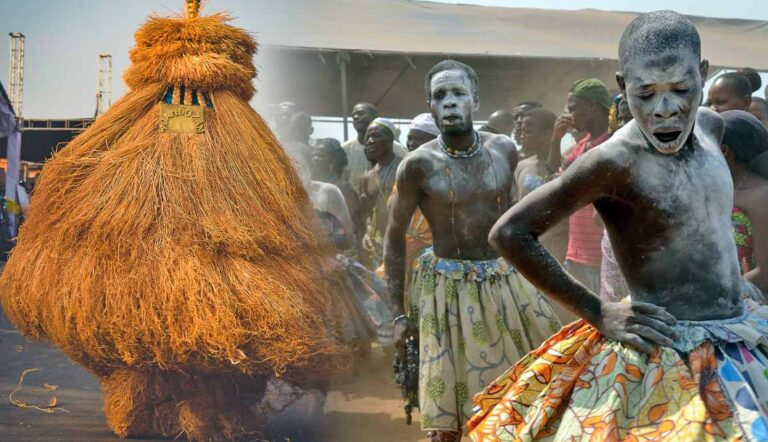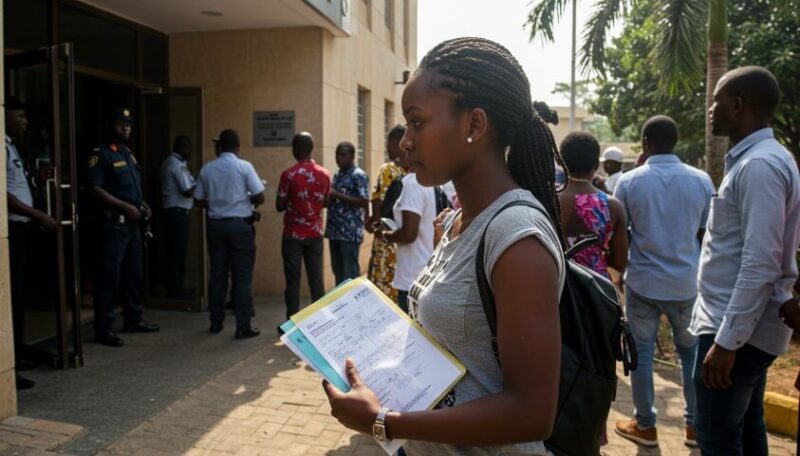
Applying for a US visa as a Nigerian citizen in 2025 requires more attention to detail than in previous years.
Table of Contents
TogglePolicies have shifted, processes have been updated, and diplomatic dynamics between the United States and Nigeria have had a noticeable impact on how applications are handled.
Staying informed about the latest requirements is essential to improve the likelihood of a successful outcome.
Recent Policy Changes Affecting Nigerian Applicants
Recent modifications to US visa regulations have reshaped the process for Nigerian applicants, introducing stricter rules and shorter validity periods.
These shifts are not merely procedural; they reflect broader diplomatic and security considerations that now heavily influence the application outcome.
One of the most significant adjustments relates to visa validity.
Most non-immigrant, non-diplomatic visas are now issued as single-entry documents valid for only three months, a stark change from the previous two-to-five-year multiple-entry terms.
US authorities have attributed this to a “global reciprocity realignment,” a claim Nigerian officials have publicly contested.
- Stricter vetting measures have also been implemented, making the screening process more comprehensive and time-consuming. As part of these changes:
- Social media monitoring now plays a formal role in the review process, with officers scanning accounts for posts considered hostile toward US values.
Enhanced security checks prioritize verification of secure travel documents, improved tracking of visa overstays, and deeper collaboration on security data sharing between the US and other nations.
Overstaying is now treated with even greater seriousness. Applicants who remain in the US past their visa validity risk permanent travel bans or criminal prosecution.
Types of US Tourist Visas for Nigerians
Two main visa categories apply to Nigerian citizens traveling for tourism or business:
- B1
- B2
Each has distinct purposes, and understanding the permitted activities under each is essential to avoiding violations.
B1 Visa (Business) is suitable for those attending business meetings, participating in conferences, negotiating contracts, or handling estate-related matters in the US.
B2 Visa (Tourism & Personal Visits) is designed for leisure travel, visiting family, receiving medical treatment, engaging in unpaid social or cultural activities, and participating in short recreational courses without academic credit.
Both visas come with restrictions to prevent misuse:
- No employment or paid performances.
- No work as ship or aircraft crew.
- No media-related jobs.
- No applications for permanent residence while on this visa.
- No travel with the intent to give birth in the US.
For example, someone attending a professional networking event in Washington D.C. under a B2 visa may also plan a personal trip to New York to visit relatives.
Within such social visits, interactions could include being part of community-based activities or meeting friends in circles connected to Christian dating New York, but all engagements must remain consistent with the visa’s permissible uses.
Core Eligibility Criteria
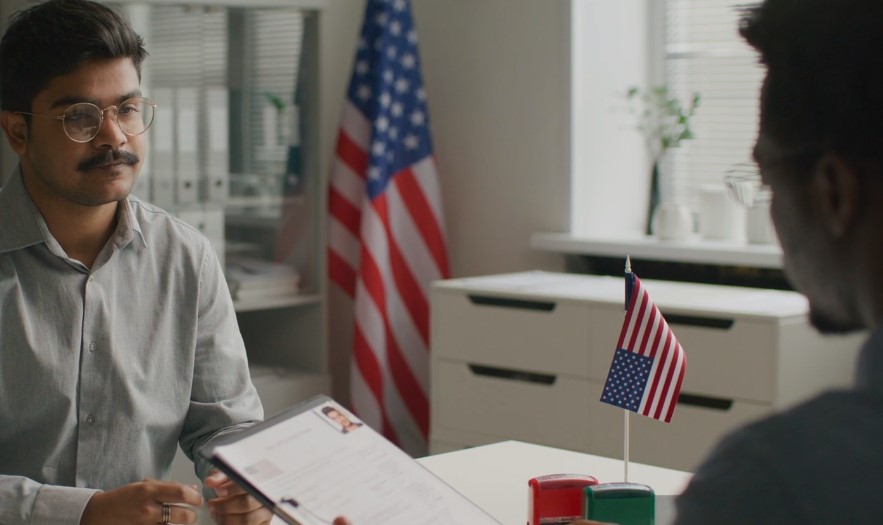
Meeting eligibility requirements is the foundation of a successful visa application.
Nigerian applicants must present a strong case that their stay in the US will be temporary and lawful.
Consular officers assess multiple factors before granting approval, and any weakness in one area can harm the overall application.
Key points assessed during the eligibility review include:
- Proof of strong ties to Nigeria such as steady employment, ownership of property, family responsibilities, or ongoing education.
- Clear travel purpose that aligns strictly with the permitted activities under the selected visa category.
- Financial readiness to cover all expenses during the visit, demonstrated through bank statements, sponsorship letters, or other verifiable evidence.
- Valid passport with an expiration date at least six months beyond the planned departure from the US.
- Clean immigration and criminal history, as prior violations can lead to ineligibility.
Consistency across all submitted materials is essential. Information in the DS-160 form, supporting documents, and verbal responses during the interview must align.
Any contradictions can raise doubts about credibility and lead to a denial.
Application Process
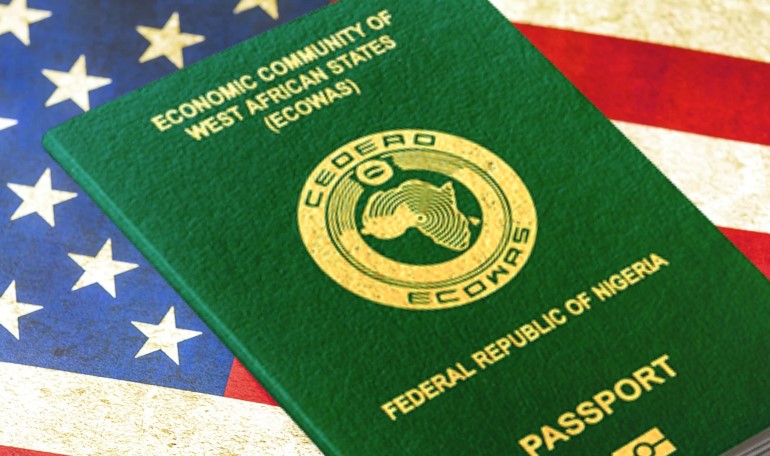
The US visa application involves several sequential steps, each requiring attention to detail.
Missing a step or submitting incomplete information can delay processing or cause rejection.
Step 1 – Complete the DS-160 Form
Fill out the online application accurately, ensuring that all personal details match your official documents.
Upload a compliant photo that meets US visa specifications.
Step 2 – Pay the Visa Fee
Pay the non-refundable $185 USD fee.
Keep the receipt as proof of payment for your interview.
Step 3 – Book the Interview
Schedule at the US Embassy in Abuja or the Consulate in Lagos.
Consider a third-country interview location if appointments in Nigeria are unavailable.
Step 4 – Prepare for the Interview
Gather necessary documents:
- Appointment confirmation page.
- Valid passport.
- Copies of past US visas, if any.
- Visa fee receipt.
- Evidence of strong ties to Nigeria.
- Proof of travel purpose.
- Bank statements or other proof of sufficient funds.
Tips for Nigerian Applicants
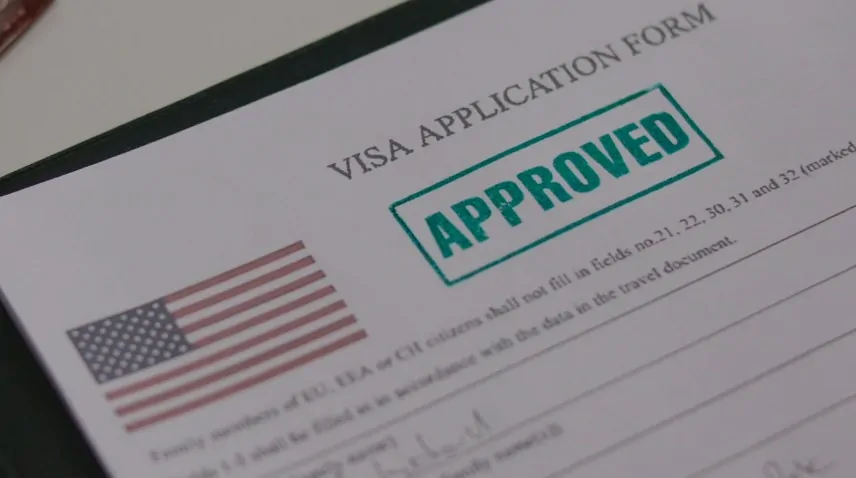
Successfully securing a visa often depends on preparation and the ability to anticipate possible challenges.
Being proactive can make a noticeable difference in the outcome.
Practical recommendations include:
- Review your DS-160 form early to catch any errors before submission.
- Keep all information accurate and consistent throughout the process.
- Plan trips carefully with the current three-month, single-entry rule in mind.
- Stay informed about US–Nigeria diplomatic developments, as these can directly influence visa policy.
- Organize documentation so it is easy to access during the interview.
- Practice interview answers to ensure confidence and clarity.
Monitoring official channels for changes in requirements is strongly advised.
Sudden policy adjustments can occur, and being prepared to adapt quickly will reduce the risk of delays or denials.
Summary
Navigating the US visa process for Nigerian citizens requires careful planning and close attention to policy changes.
Shorter validity periods, stricter vetting, and increased focus on overstay prevention make it essential to remain compliant with all requirements.
Staying informed, preparing thoroughly, and seeking professional guidance when necessary can help make the application process more manageable and increase the chances of a successful outcome.
Related Posts:

